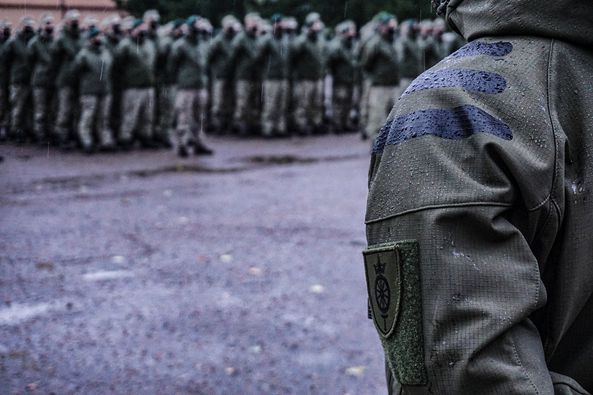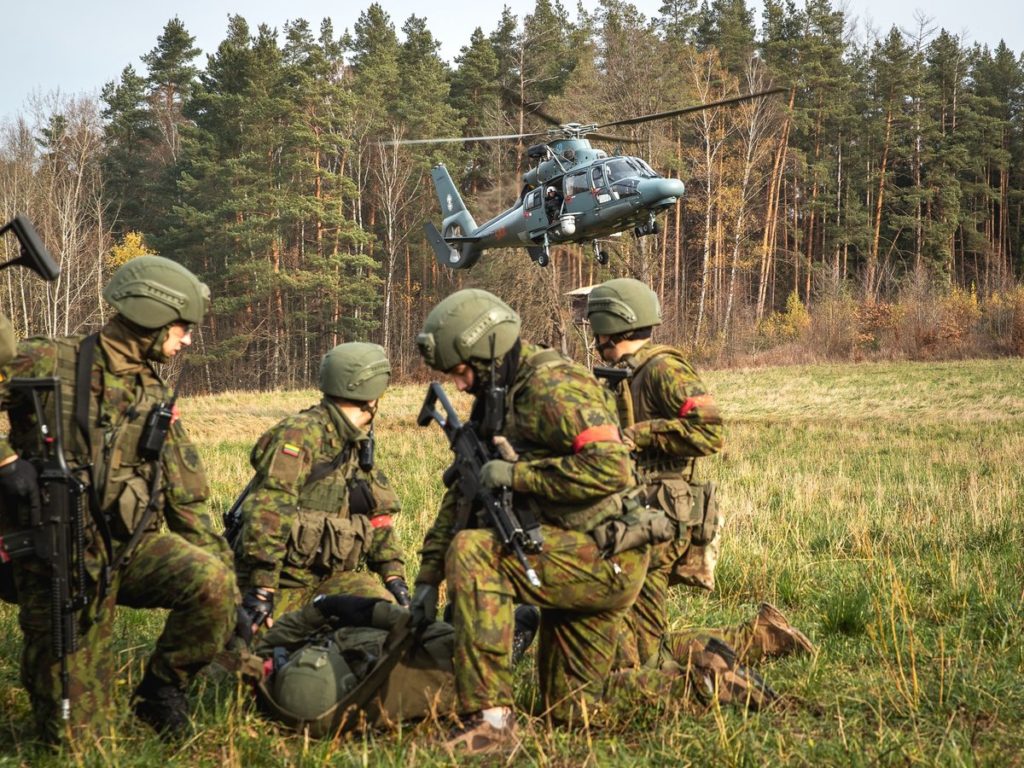
On the news site Emerging Europe, Craig Turp-Balazs wrote in Decmber that Lithuania is set to increase defence spending to 1.9 billion US dollars by 2026, due to the threat of Russian hostility and ongoing military activity at the Belarusian border, with a compound annual growth rate of 7.26 per cent, according to a report by leading data and analytics company GlobalData.
Its latest report, Lithuanian Defence Market – Attractiveness, Competitive Landscape and Forecasts to 2026, states that this sum will largely be spent on a modernization program aimed at resisting a potential incursion or holding off enemy forces, until support from NATO members can arrive.

William Davies, associate aerospace and defence analyst at GlobalData, says that Lithuania spends a higher percentage of its GDP on defence than any other European NATO ally, consistently spending over two per cent since 2018 because of the continuous threat from Russian forces on the Belarusian border.
Spending is being focused on improving Lithuania’s ability to mobilize and move troops more quickly, with the purchase of Black Hawk Helicopters and 200 Oshkosh Joint Light Tactical Vehicles (JLTVs). Six Black Hawks, being bought from the US for a reported 213 million US dollars, will replace Lithuania’s ageing Russian-built Mi-8s. The new equipment will assist in rapid response and Lithuania’s ability to host ally nations, moving commanders in and out of border zones with greater ease. “Russia will continue to pose a significant threat to Lithuania and any acquisition will be aimed at deterring this threat”, said Davies.
Lithuania’s increased spending is in keeping with its Baltic neighbours, Estonia and Latvia. All three nations are looking towards conventional methods to deter Russian aggression with Military equipment and hosting larger NATO allies such as the US and UK. Davies confirms that despite these deterrents, Russia will continue in its efforts to disrupt the Baltic nations, most likely “through nefarious activities such as cyber attacks and dis-information campaigns”.
A Lithuanian government commission meanwhile said that an agreement signed by its state-run railway in 2018 to transport potash from sanctions-hit Belarus goes against national security interests, opening the door for the government to terminate it. State-owned potash producer Belaruskali was sanctioned by the US in August, one year after a crackdown following a disputed presidential election which President Alexander Lukashenko said he won. The ban on sales of potash took effect on December 8 after a four-month wind-down period, but potash continues to be transported via Lithuania.





























